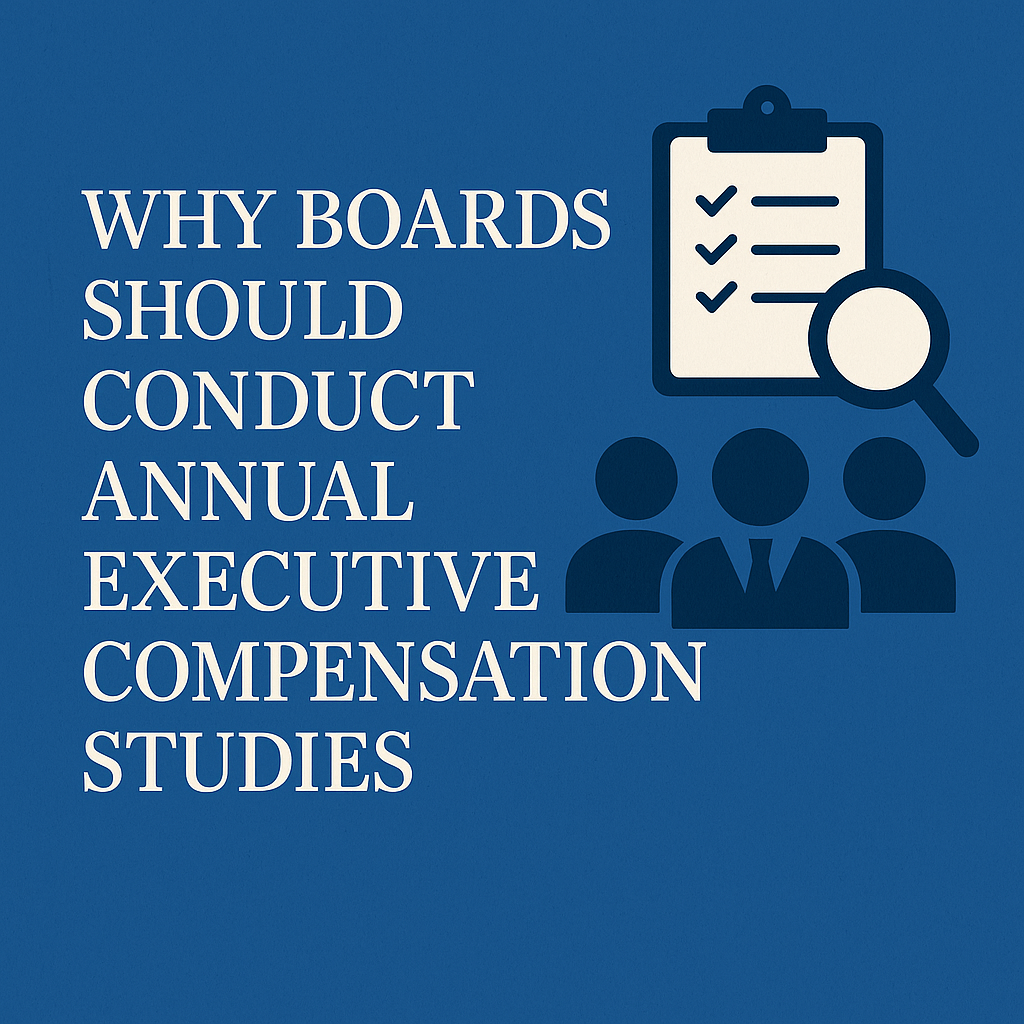Why Choose Kavea Compensation Consultants
Services We Offer
Aligning Pay with Purpose®
Industry Experience
Our compensation experts have partnered with organizations across a wide range of industries--including energy, technology, healthcare, financial services, and many more. Whether public, private, or nonprofit, we deliver tailored strategies that align pay with purpose and drive measurable success.
Energy & Industrial
 Energy - E&P
Energy - E&P  Energy - Midstream
Energy - Midstream  Energy - Renewable
Energy - Renewable People & Service
 Healthcare
Healthcare  Education
Education  Restaurant
Restaurant  Finance
Finance  Retail
Retail Corporate & Financial
 Information Technology
Information Technology  Manufacturing
Manufacturing  Construction
Construction  Insurance
Insurance Explore the Foundation of Kavea

Our Locations
Cities We Service But
Not Limited To
Client Success
Client Retention Improvement
Organizations Served
Years of Expertise
Our Approach
Compensation decisions carry weight—across culture, performance, and retention. But without the right structure, even the best intentions fall short. That’s why we use the Kavea Compass, a five-step approach built to translate business goals into compensation strategies that drive results.
Discover Goals
Analyze Needs
Design Strategies
Engage Stakeholders
Deliver Results
Ready to Get Started?
Frequently Asked Questions
We specialize in public, private, and nonprofit organizations, with deep experience in healthcare, energy, financial services, education, and mission-driven sectors.
Yes. We tailor compensation strategies for nonprofits, foundations, privately held companies, and public enterprises alike.
Our clients range from small nonprofits to large enterprises with thousands of employees. We adapt our approach to your size, needs, and goals.
Yes. We maintain strict confidentiality and do not share client data or compensation models with any third party.
We provide flat-fee or milestone-based pricing depending on the project scope, not hourly billing. You’ll always know what to expect upfront.
We offer both. Some clients engage us for one-time studies or board support, while others retain us for ongoing compensation governance.






